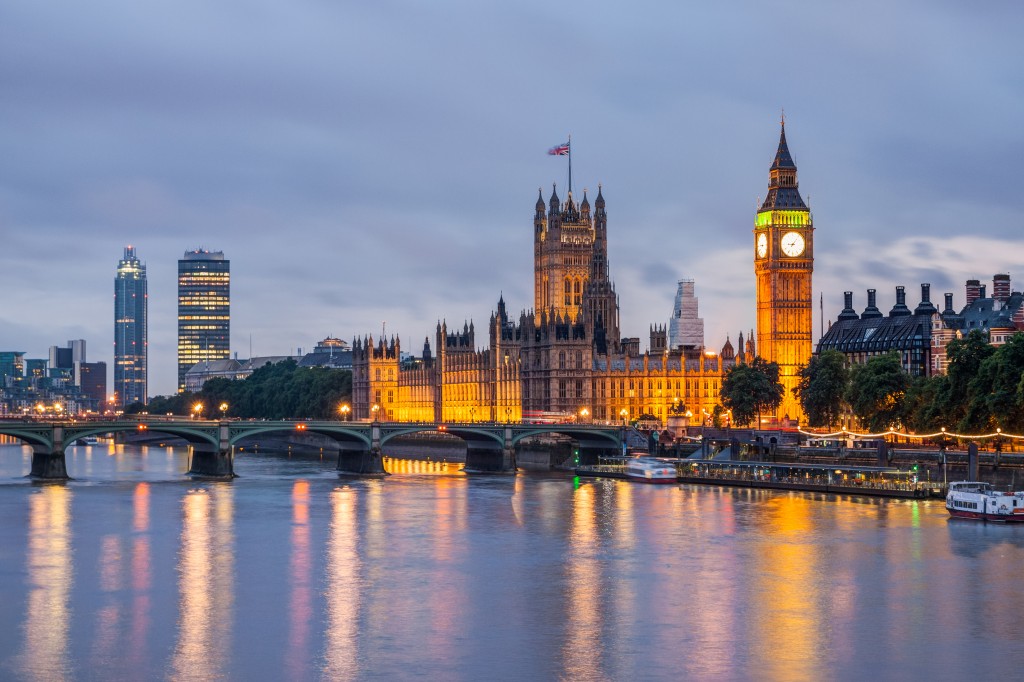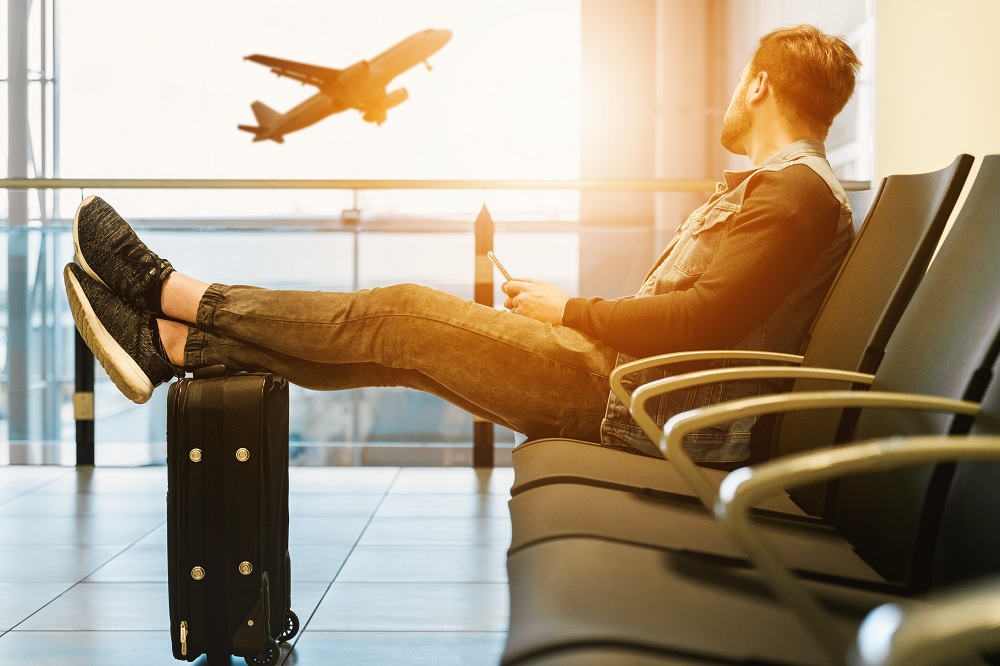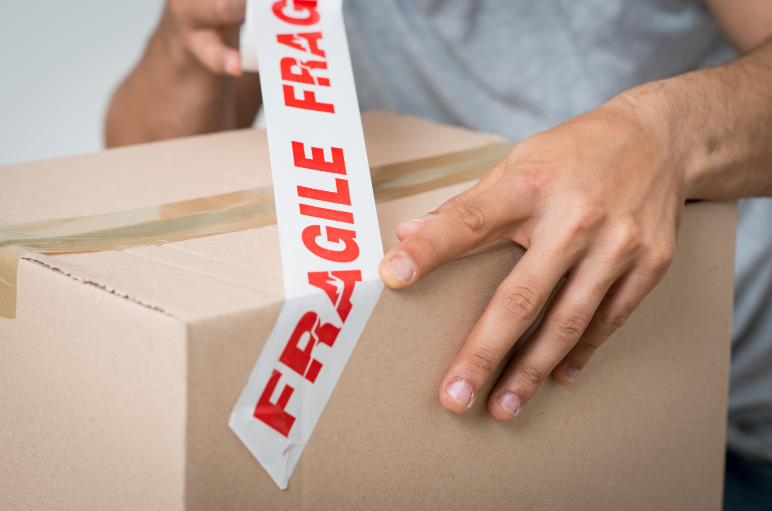Once Covid-19 was declared a pandemic, it quickly became clear that we could no longer travel as freely as before. And over the months since, the overwhelming evidence is that its massive impact on the industry will ensure that travel will never be the same.
However, even the most cautious experts acknowledge that we’ll eventually be able to travel again. We don’t know how those changes will take shape. Maybe not as freely as before, perhaps with more barriers in the form of expenses and safety checks, but it will return nonetheless.
Rather than hazard a guess on which destinations will open up soonest or how to plan your next itinerary, perhaps you’d best focus on a different concern. How do you resolve the moral and ethical dilemmas of this new age of travel?
Moralization and the pandemic
From a strictly scientific standpoint, the best course of action against the pandemic is simple. You follow all the guidelines for health and safety, go above and beyond, and then some. If we all do that, the risk of transmission is reduced for everyone.
Add as many layers of protection as you can. Like stacked slices of Swiss cheese, the more you string together, the less likely it is that the various holes in your defenses will line up and result in infection.
This risk management method makes sense, but many people across the country, even around the world, do the opposite. They apply these measures piecemeal or follow only one or two best practices. Some deliberately flout the guidelines because they feel that they are tantamount to an attack on personal freedom.
In reality, people exhibit a wide range of tolerance for pandemic-related restrictions. And they feel a sense of moral outrage towards those who don’t fall on the same end of the spectrum. They publicly shame those who behave differently and criticize leaders whose policies don’t measure up to their beliefs.
The tourist’s dilemmas
In the matter of the pandemic, we can see how the public response shifts. From ideally being grounded in science and risk management, people’s actions end up being based on emotions, personal beliefs, and peer pressure.
This happens because we are in times of uncertainty, where old norms don’t necessarily hold. And the same thing happens when we travel.
Go somewhere unfamiliar, and you’ll find that people behave differently. They adhere to values that may not agree with yours. There is a larger gray area between your moral point of reference and the culture surrounding you.
This is relevant because the act of travel is surrounded by moral and ethical dilemmas. You can’t simply be an observer. Your presence has an impact.

Thus, modern tourism is increasingly focused on sustainability, for example. How does your trip affect the local environment? Do the establishments you patronize observe green practices?
These concerns extend further into socio-economic and political domains. You might be wondering, for instance, if the money you spend will be reinvested into the local economy or siphoned into the pockets of corrupt politicians. Many travelers will boycott countries whose policies or leaders they strongly dislike.
Another conflict lies in the cultural sphere. People often travel to observe different cultures and traditional practices. But this experience is often curated or mediated to the extent that it changes both the observed and the observer. The culture evolves into a performance to satisfy the expectations of a paying audience.
Finding where you stand
You may have been comfortable with somewhat compromised hygiene in your past travels. Sure, you draw the line when it comes to personal stuff. No one’s borrowing your tooth-whitening kit, favorite toothpaste included. But you might have had to accept sleeping in dirty hotels or squeezing onto a hot and dusty train alongside dozens of commuters.
Those compromises may no longer be possible. The pandemic’s long-term effects threaten to bring your beliefs into conflict with those you encounter everywhere you travel.
Prices may rise, destinations may intermittently open. But it’s no longer about what you can afford or where you can go.
Where do you lie on the spectrum of personal freedom versus complying with health and safety restrictions? How will you respond when people in another country behave differently or criticize you for not conforming?
If we’ve learned one thing, it’s that no one can know exactly how pandemic-related scenarios will unfold. Speculation on the return to normal is pointless.
However, what you can do for now is weigh on these personal ethical issues, with particular focus on the latest moral wrinkle brought about by the coronavirus. That will better prepare you for the future of travel, no matter what shape or form it takes.



